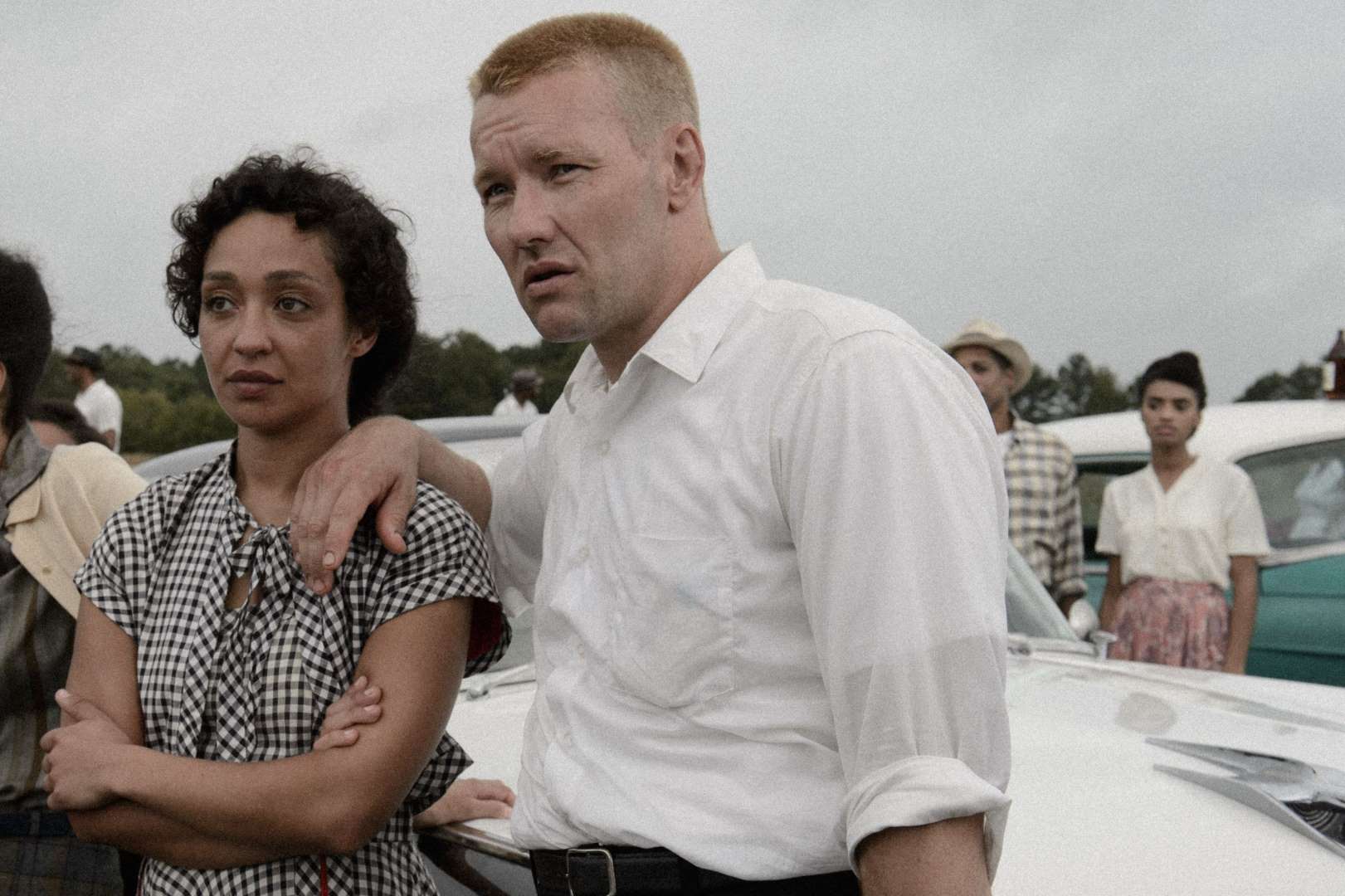You may not know it — but if you speak Spanish, you speak some Arabic tooPosted in Anthropology, Articles, Audio, Europe, History, Latino Studies, Media Archive, United States on 2015-11-25 23:22Z by Steven |
You may not know it — but if you speak Spanish, you speak some Arabic too
PRI’s The World
Public Radio International
2015-10-15
Joy Diaz, Reporter
Rihab Massif, originally from Lebanon, was my daughter’s preschool teacher in Austin. As a little girl, Camila, my daughter, spoke mostly in Spanish. And Massif remembers a day when Camila was frustrated because she couldn’t remember a word in English.
“She was telling me about her camis,” Massif says.
Camisa is the word in Spanish for “shirt,” and Massif understood it perfectly because camis means the same thing in Arabic.
“And I was like ‘Oh! There are some words related to Arabic,’” she says.
To see just how many, Massif and I did an exercise. I’d say a word in Spanish, and she’d say it back in Arabic.
“Aceite?”
“We say ceit,” Massif says.
“Guitarra?”
“We say guitar.”
Now that I am aware, it seems like I hear Arabic words everywhere…
…Linguist Victor Solis Parejo from the University of Barcelona in Spain says part of the language Spanish speakers use comes from a legacy of the Moorish influence. “Moors” was the name used to refer to the Arabic-speaking group from North Africa that invaded what would become Spain back in the eighth century. Their influence lasted about 700 years and is still visible today.
“Especially if you travel [in the] south of Spain. For example in Merida, in the city where I was born, we have the Alcazaba Arabe, an Arabic fortification,” Parejo says. “So, you can see that in the cities nowadays, but you can also see that Islamic presence, that Arabic presence in the language.”…
Read the story here. Listen to the story here. Download the story here.



